Did Neanderthals wear clothes?

Braving the cold weather required Neanderthals to have robust bodies and to know how to make fire. But did they wear clothes?
Science and Technolgy blog

Braving the cold weather required Neanderthals to have robust bodies and to know how to make fire. But did they wear clothes?
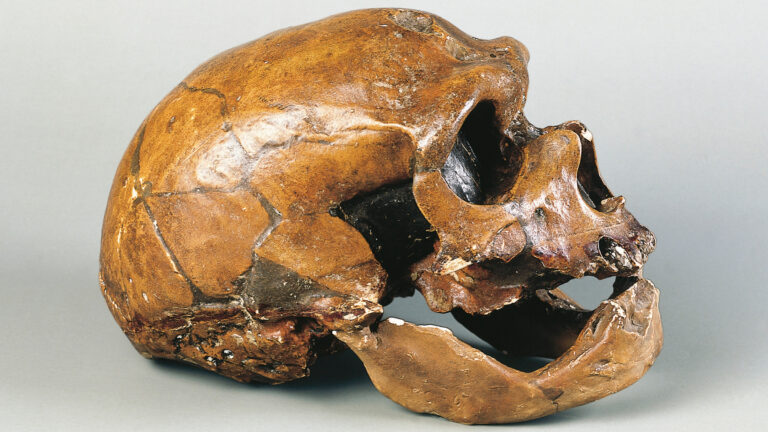
A new ecological model suggests Neanderthals and modern humans interbred in the Zagros Mountains in what is now Iran before going their separate ways 80,000 years ago.
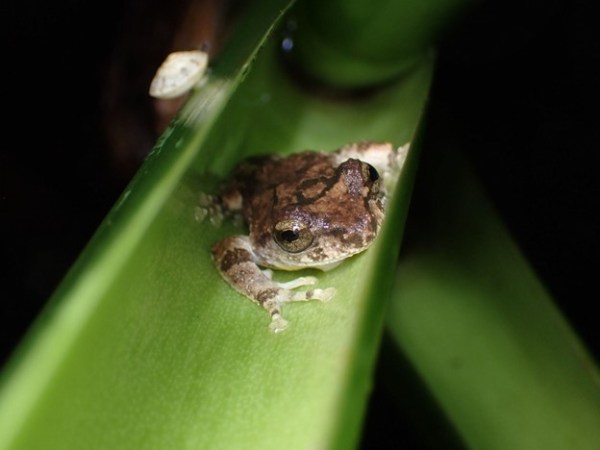
Eiffinger’s tree frog babies store their solid waste in an intestinal pouch, releasing less ammonia into their watery cribs than other frog species.

Researchers created a seismic map of Earth’s interior beneath the southeastern Pacific Ocean and discovered an ancient slab of oceanic crust that appears to be stuck midway through the mantle.
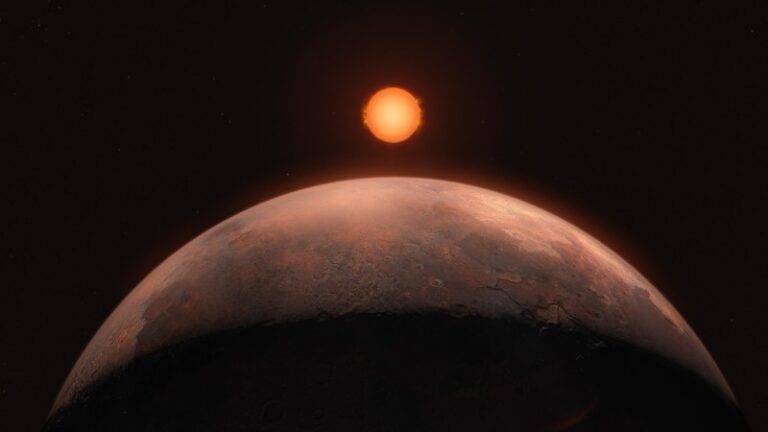
After decades of searching, a telltale gravitational wobble points to an exoplanet orbiting the nearby red dwarf every 3.15 days.
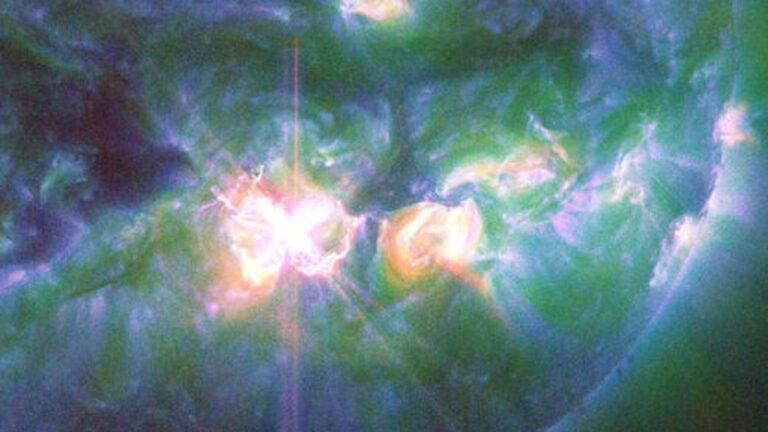
The sun has unleashed the most powerful solar flare since 2017, just days after it spat out another monster explosion. Both outbursts have launched solar storms that will likely hit Earth this weekend and trigger vibrant aurora displays.

Six earthquakes were recorded at Mount Adams in September — the highest number in a single month since records began in 1982.

Scientists first described the flooded cave in 2016 but determined its extraordinary extent years later.

Even a microwave oven is not immune to bacteria. With microwave radiation bouncing around inside them, these ovens might seem a threatening place to microbes. But scientists have just turned up more than up 100 different strains of bacteria living…
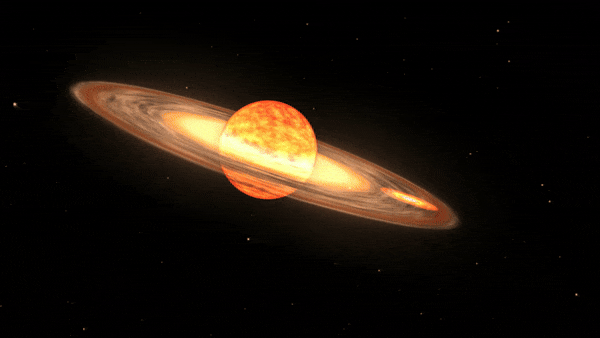
A rare nova explosion will soon bring a “new star” to the night sky, and scientists are excited.